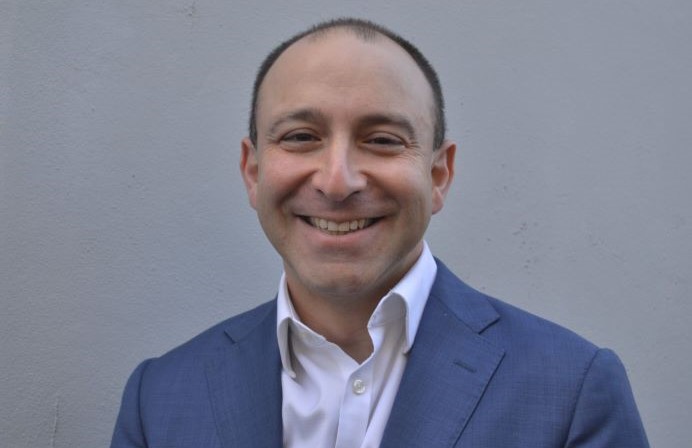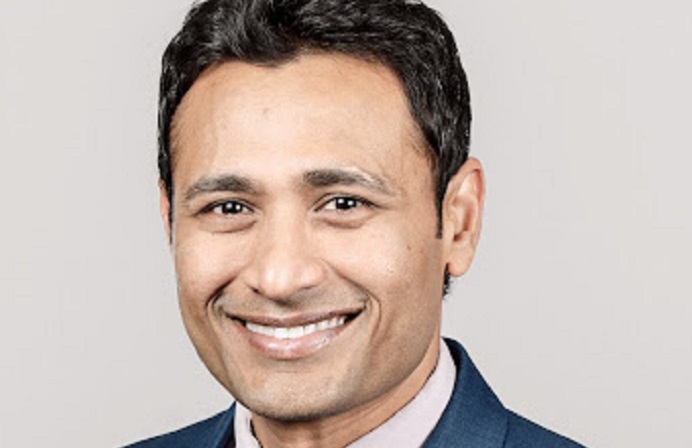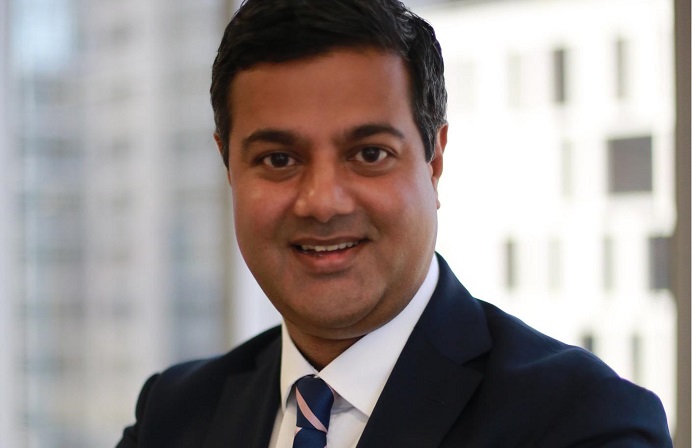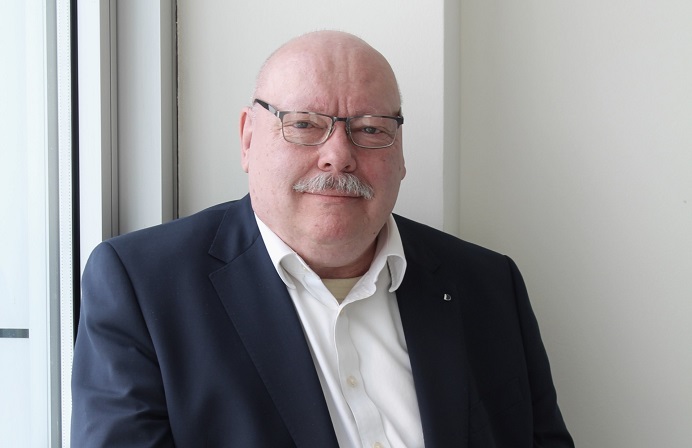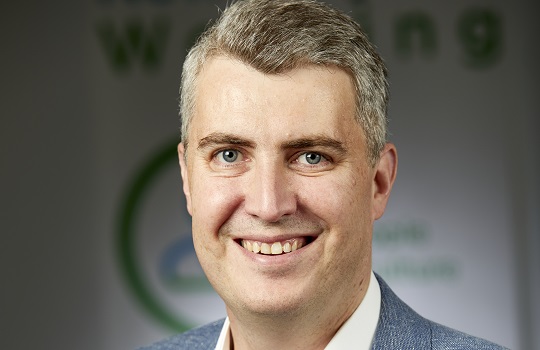
“Most financial services providers, Rest included, have not achieved a true omnichannel experience where the integration, the features, and the level of service are consistent across all channels. This is a challenge in an environment with legacy systems and third-party suppliers.”
—————————————–
Bringing his vast expertise as a transformation leader from digital-only challenger bank to digital-savvy super fund, we speak with Jeremy Hubbard on the lessons super providers can take from their trailblazing industry compatriots and how he plans to keep Rest at the forefront of the industry’s digital innovators.
—————————————–
FST Media: You recently joined Rest from tech-savvy challenger bank UBank. What has this shift taught you about the technological limitations or challenges confronting superannuation providers today? Are there lessons to take from the banks’ efforts to refine their technology mix to better serve both customers and the business?
Hubbard: There are lots of parallels between banks and super funds in the technical and cultural challenges they face. For example, both industries are dealing with legacy systems, the adoption of cloud technology, and information security. They’re also both highly regulated industries – in some cases, they’re subject to same regulations – so any innovation has to work within those boundaries.
People expect the same level of service from banks as they receive from the non-banking technology they use day-to-day, like social media and streaming services. The banks invest heavily to ensure their technology consistently meets customer needs. There are certainly some lessons for super funds in this. As more people engage with their super more frequently, they will have the same expectations of us.
FST Media: Being recently appointed Head of Innovation and Transformation at of Australia’s most digitally well-progressed super funds, you’ll have a decisive impact on Rest’s forward business strategy. As a transformation leader, how will you seek to leverage and, moreover, innovate Rest’s technological capabilities to drive better business outcomes?
Hubbard: It all starts with people and culture. We need to get the right people working on the right member problems.
You need people who are highly skilled and focused at listening to feedback from our members to identify areas to innovate and improve. There are multiple ways to listen to member feedback, such as through our contact centre, social media, or online reviews, and by collecting and analysing this feedback we can work to solve their problems using innovative means.
At Rest, we’ve been building an environment that continuously delivers improvements, listens for feedback, and improves again. This feedback loop is the ‘secret ingredient’ for continual innovation.
FST Media: Rest has been an industry trailblazer in the deployment of ‘virtual assistants’, with the pioneering release of chatbot Roger in early 2017. How successful have these service points proved in enhancing Rest’s overall engagement with customers? Are there plans afoot to expand these services or introduce new digital-only touchpoints?
Hubbard: It has been great to see the investment and progress that Rest has made in this area. Our virtual assistant, Roger, has now answered more than 1.2 million questions since he was launched.
Roger is an important part of our overall customer service provision. For example, when we have spikes in inbound contact, Roger plays a key role in meeting our customer needs.
We also integrated Roger into Google Home in 2018. This is another way for members to connect with Rest at times convenient to them, and in ways that are relevant to their lifestyles.
We’ve learnt we need to continually invest in Roger so he has the skills and ‘expertise’ to address new questions as they arise. Superannuation is a dynamic industry, so new questions arise all the time.
FST Media: Increasingly, customers expect super providers to not just be forthright and honest in their dealings, but to also engage proactively with them to improve financial outcomes. What is the next step for Rest in supporting a more pre-emptive customer engagement model, and how do you ensure your efforts are seen as more help than hindrance?
Hubbard: Ultimately, we are aiming to create hyper-personalised experiences for our members. Of course, this needs to be underpinned by good quality and timely data. We are focused on improving our data quality, which we will use to drive more personalised experiences.
At Rest, there are a lot of simple things we can build from, such as doing more with the information we receive from our members. For example, what is the most effective way we can communicate and prompt our members into further engagement when certain moments occur, such as like an extra contribution or working for a new employer? It’s about making their life easier.
FST Media: True omnichannel – whereby customer interactions and data are freely shared across all touchpoints – has been a longstanding goal for FSIs. What is your benchmark for success in customer experience? Where do you see the main failure points in today’s increasingly digitised customer interaction points?
Hubbard: We want to be available when our customers need us, where they need us, and in a way that is easy to use. Our members range from teenagers to people in their nineties, so it’s critical that they can reach us in the manner that suits them, whether it’s using social media, talking to Roger, or writing a letter.
Most financial services providers, Rest included, have not achieved a true omnichannel experience where the integration, the features, and the level of service are consistent across all channels. This is a challenge in an environment with legacy systems and third-party suppliers.
The good news is that advances in technology are making this more achievable, and it’s something that we are certainly focused on at Rest. We are improving consistency across our digital channels, so our members can interact and take control of their retirement savings easily and simply.
FST Media: Post-Hayne, financial institutions will continue to face an increasing barrage of regulatory changes. Regtech is often touted as the salve to ease the implementation of these changes. How much promise does regtech offer to superannuation providers, and have regtech solutions been actively embraced at Rest?
Hubbard: Regtech will play an increasingly important role in our industry and, importantly, it will eventually result in improved quality of service for our members. When technology can automate things like quality assurance and compliance, you can more effectively apply it across the entire scope of your organisation. This gives you the ability to more quickly identify and address any issues. You can also identify potential trends and risks that may have previously been missed, and proactively address them.
Regtech can also provide organisations with the ability to more quickly adapt to new or changing regulatory requirements.
FST Media: Finally, what do you rate as the next big disruptive technology to sweep the financial services industry?
Hubbard: Emerging technology may certainly change the way some aspects of super funds are run but, ultimately, we believe it comes down to having the right people and culture to deliver solutions that our members need and expect. ⬤
—————————————–
Jeremy Hubbard was a featured panellist at the 2019 Future of Financial Services, Sydney.

